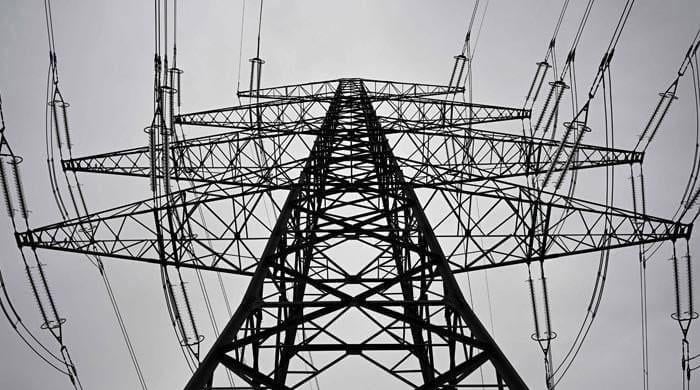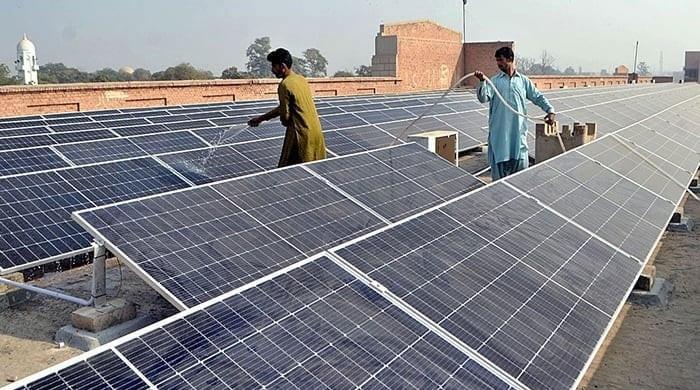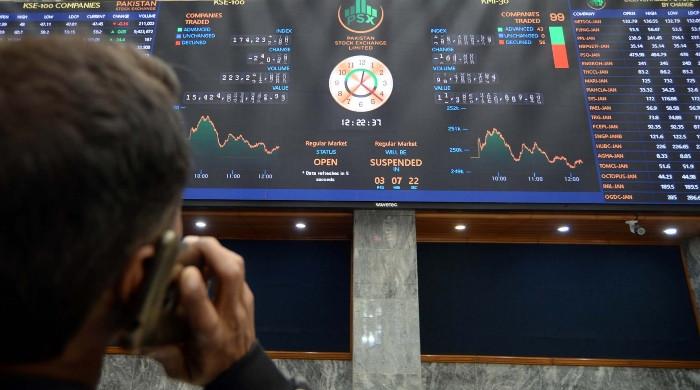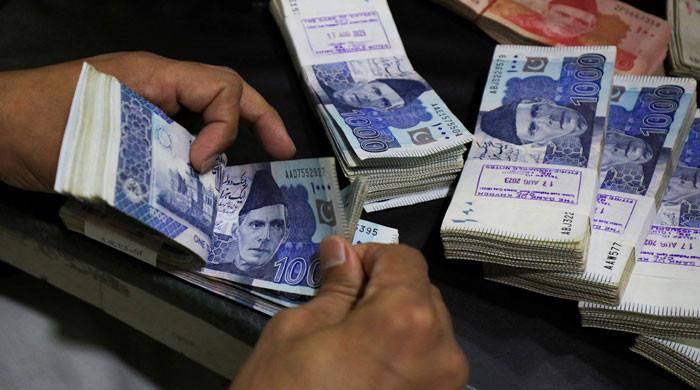Govt seals Rs1.225tr deal to cut circular debt
PM Shehbaz witnesses ceremony through link from New York, describes agreement as major achievement
September 25, 2025
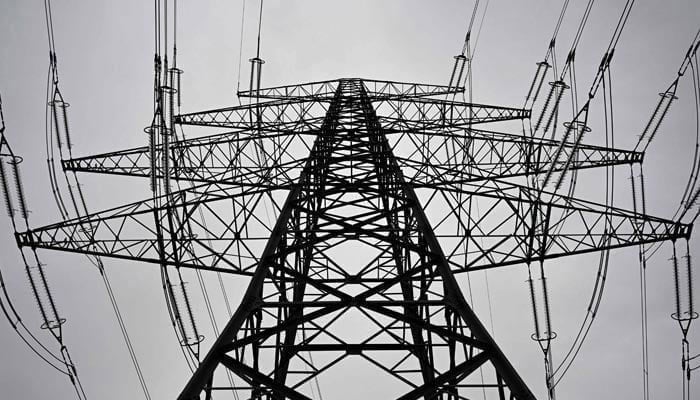
- Agreement restructures loans, provides fresh financing for power payments.
- Innovative plan repurposes surcharge, avoids extra burden on consumers.
- Concessional rates, sovereign guarantee release boost banking sector liquidity.
ISLAMABAD: The federal government has signed a Rs 1.225 trillion financing agreement with a consortium of eighteen banks to address the country’s power sector circular debt.
The agreement, a major milestone for both the energy and financial sectors, was signed during a high-profile ceremony at the Prime Minister’s House. This marks one of the most significant financial interventions in the nation’s history and aims to restore fiscal balance, unlock growth and revive confidence in Pakistan’s economic management, The News reported.
Prime Minister Shehbaz Sharif, who witnessed the signing ceremony through a video link from New York, described the agreement as a major achievement in addressing the growing problem of circular debt. He credited the relevant task force for its exemplary fulfillment of responsibilities.
The prime minister noted that the Managing Director of the IMF expressed appreciation for the reforms being implemented by the government during their meeting. He added that the next phase involves the privatization of DISCOs and tackling line losses, urging a confident and determined approach to achieve further successes.
Finance Minister Muhammad Aurangzeb, speaking on the occasion, said the agreement is the largest financing and restructuring transaction in the history of Pakistan.
He said the financing facility will support in dealing with the issue of circular debt. He said it is a win win situation for all, emphasizing that benefit of structural reforms in the power sector will ultimately reach the consumers.
Minister for Power Sardar Awais Leghari said the Circular Deb Financing Facility is a landmark initiative to restore the financial health of power sector. He said this will restore stability and provide relief to the consumers. He said this is not an isolated measure but part of broader reforms agenda of the government.
The circular debt — a persistent challenge that has crippled the energy sector, undermined investor confidence, and ballooned to nearly Rs2.4trillion (approximately 2.1% of GDP) — has long required urgent structural reform. This deal, finalised through months of intensive collaboration between the PBA, 18 of the country’s top banks, the Ministry of Finance, Ministry of Energy (Power Division), the State Bank of Pakistan, and the Central Power Purchasing Agency, is being hailed as a breakthrough.
According to the official statement, the transaction is structured around two key components Rs659.6 billion in the restructuring of existing loans already held by banks, and Rs565.4 billion in fresh financing to settle overdue government payments to independent power producers (IPPs). This dual approach not only alleviates immediate liquidity pressure on the power sector but also allows the government to renegotiate better financial terms and achieve meaningful fiscal savings.
What sets this arrangement apart is its innovative and sustainable design. The financing facility does not impose any new burden on the government or electricity consumers. Instead, it repurposes the existing Rs3.23 per unit debt servicing surcharge to fund repayments, ensuring transparency and predictability.
Moreover, the facility is offered on concessional terms — at a floating rate of KIBOR minus 90 basis points — significantly below the rates of previous loans. This pricing signals a clear willingness by the banking sector to prioritise national interest over short-term profitability.
In addition to relieving energy sector stress, the transaction also unlocks Rs660 billion worth of sovereign guarantees, releasing much-needed liquidity into the banking system. These funds are expected to be redirected toward strategic sectors such as agriculture, small and medium enterprises (SMEs), affordable housing, education, and healthcare — offering a broader economic stimulus beyond the energy domain.
Zafar Masud, Chairman of the PBA, emphasised the wider significance of the agreement, stating: “This transaction is not just about numbers. It represents the banking industry’s commitment to being a true partner in Pakistan’s development. By working closely with the public sector, we have demonstrated what can be achieved through a shared vision and collective responsibility.”





